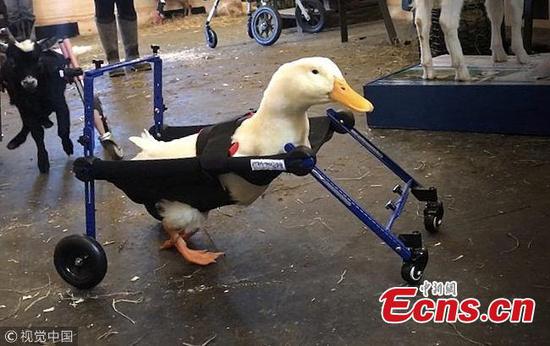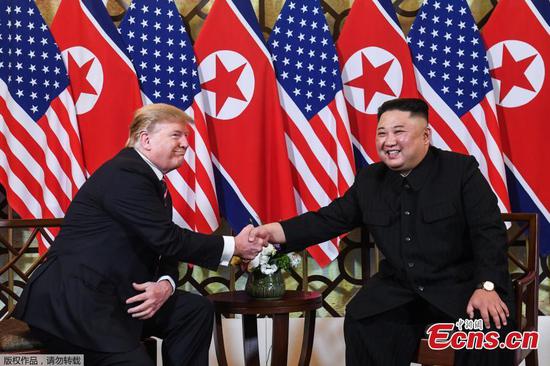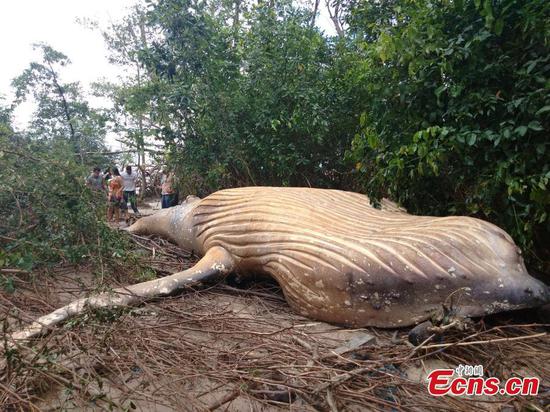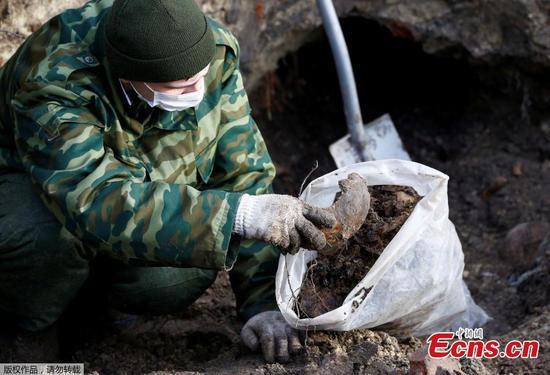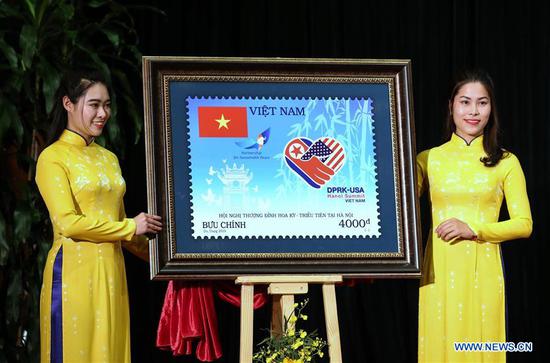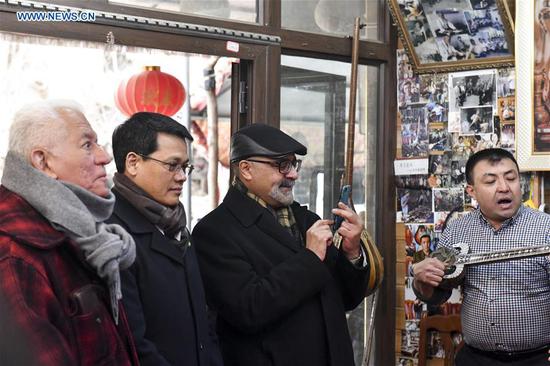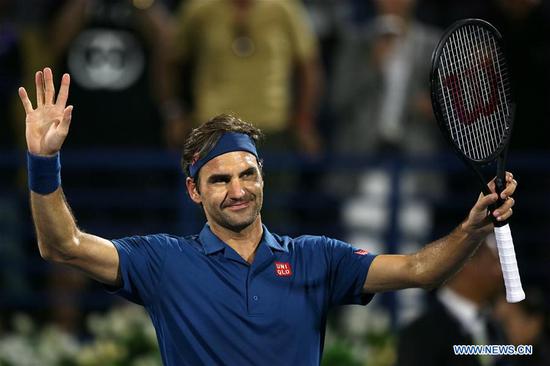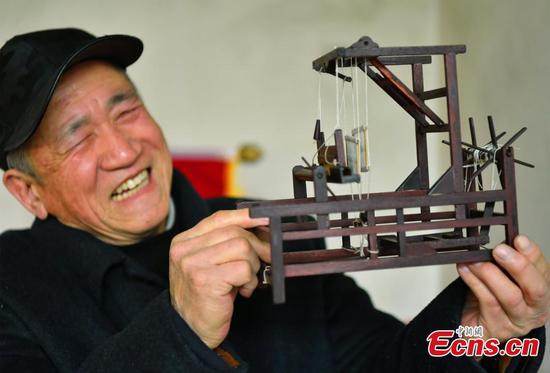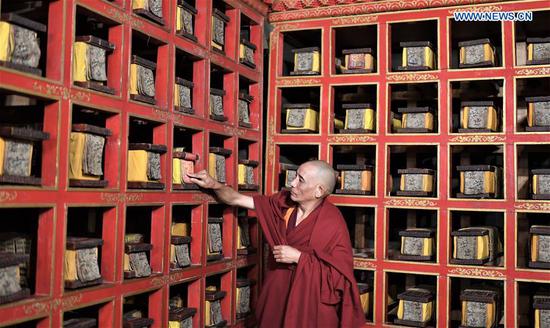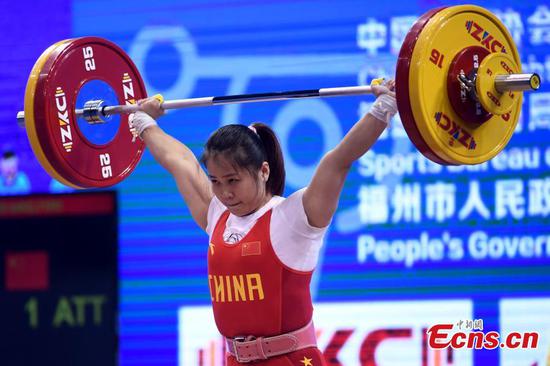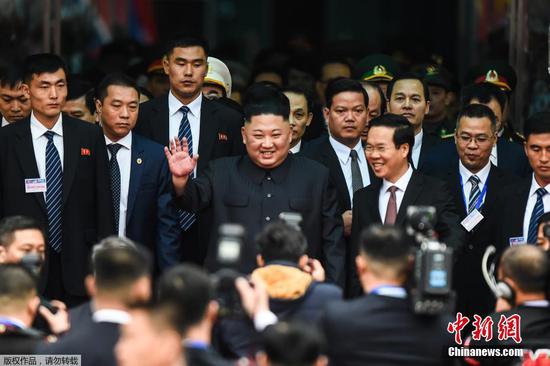
Ye Sha, the donor, died at 16 after a sudden brain hemorrhage. (Photo/China Daily)
Breaking tradition
It is rare that one donor helps as many as seven people, He said.
He said he thinks the main impediment to organ donation in China is that many conservative elderly people still insist on the Chinese tradition of burying the dead intact.
Last year, the China Organ Donation Administrative Center published the story of the basketball team to promote awareness of the cause.
In accordance with the principle that donor families and recipients should never know each other, the five recipients used assumed names. The team name, Ye Sha, is also an alias for the donor.
The principle was created to reduce the possibility of organ trafficking, and to avoid unnecessary pressure or harassment on donor families and recipients.
In a poster, the five players stand in a row, and the numbers on their jerseys make up the date April 27, 2017, the day the donor died. It was the day they got a new chance at life.
"We all are Ye Sha," Zhou Bin said. "We are the one."
Most of them are not basketball players. They had two days of training before the five-minute game. The team had just three shots, with the help of their competitors from the Women's Chinese Basketball Association. But they received warm applause from the audience, including basketball star Yao Ming, in a stadium in the Inner Mongolia autonomous region.
Zhang Shanshan, a spokesperson for CODAC, said many organ recipients fear discrimination, which could affect their work and lives, and two recipients declined to join the team.
Long Jieqi, planning director for the CODAC campaign, hoped the team would raise awareness of how transplant patients recover and regain confidence.
Gift of life
China banned transplants of organs from executed prisoners in January 2015, and voluntary donations have been the only source since then.
Though the number of prospective donors is rising fast, it is still far from enough. About 300,000 Chinese are on waiting lists, but only just over 16,000 receive transplants each year. In addition to high costs, they face a shortage of medical professionals, hospitals and organ donors.
The story was first posted on the WeChat social network in November. It went viral, with millions of hits and reposts.
In response, more than 31,000 people registered as donors. Theoretically, each donor can give an average of 3.5 organs, which means about 110,000 people could benefit.
"Organ donation requires the support of everyone. We don't try to persuade individuals to donate, but to make organ donation appreciated by the whole of society," said Zhang.
By the end of 2018, more than 900,000 people had registered as donors, including the basketball team. "I will take good care of the boy's organs. As long as I can help others, I am willing to donate all my organs," said Liu Fu.









